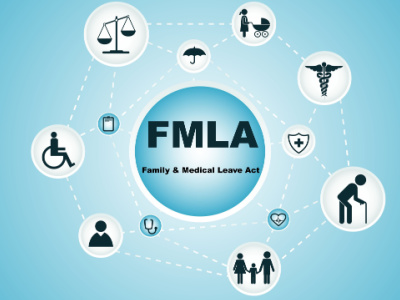The Family Medical Leave Act (FMLA) is riddled with all sorts of employer obligations and therefore with all sorts of potential violations. Recently, TCU gave a seminar on dodging an FMLA interference claim.
FMLA Interference?
The FMLA forbids employers from retaliating against an employee for seeking FMLA leave. It also (unlike most other employment laws) prohibits employers from interfering with an employee’s right to take FMLA leave. Examples of these would be taking actions to discourage an employee from seeking FMLA leave or from asking an employee to return early from leave.
Enter Linda Lopez, a Texas Christian University (TCU) employee. She sued TCU for, among other claims, interfering with her FMLA leave.
Her allegation: Her supervisor, Mike Edwards, allegedly became “upset with her” when she complained to TCU that Edwards was “communicating” with her while she was on leave.
The details? The communications were “about work issues.” That was all. Lopez argued that the court, on these facts, could conclude that Edwards was engaged in unlawful “coercion.” Despite the alleged coercion, Lopez completed her full FMLA leave and returned to work. (She was later fired.) The court said, “FMLA interference claim dismissed.” Why?
- Nothing in the FMLA prohibits all contact between a company and its employee while on FMLA leave.
- De minimis (minimal) contact between an employer and an employee on leave doesn’t constitute interference.
- The court noted that one case from the appeals court covering Texas goes as far as stating that the employer may even extend the option to work while on FMLA leave “so long as working while on leave is not a condition of continued employment.”
- She received her full FMLA leave allotment.
There was no evidence of TCU trying to force Lopez to cut her leave short. Her conclusions weren’t evidence. Like a doughnut, they might be pretty to look at, yummy to taste, but alas of no nutritional value whatsoever. Lopez v. Texas Christian University, (N.D. Tex. 2023)
Bottom Line
Here is a fundamental truth about the law and about life: The way to stay out of trouble is by staying out of situations that can bring trouble. Think about this for a minute. Here, the safest course with an employee on FMLA leave is to have zero contact. This way, an employee can never misconstrue anything the employer communicated because there was zero communication.
But there are times when communication is needed, and it is good to know the law is favorable if necessity dictates a phone call or an email.
Michael P. Maslanka is a professor at the UNT-Dallas College of Law. You can reach him at michael.maslanka@unt-dallas.edu.

